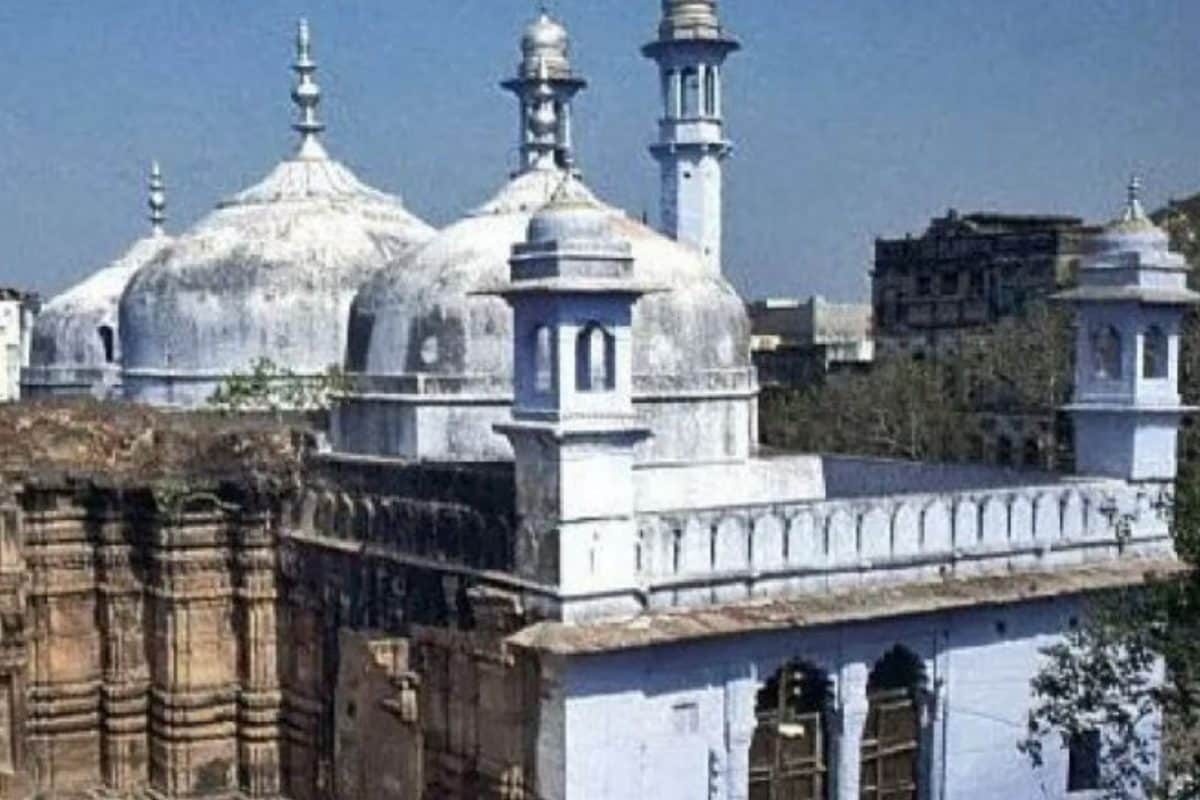Description
In Varanasi, one of the world’s oldest living cities, Hindus and Muslims have prayed close to each other in a temple and a mosque that sit cheek by jowl. The complex, known as Gyanvapi, points to its uneasy history.
Background
- The Gyanvapi Mosque: Built on the ruins of the Vishwanath temple, a grand 16th-century Hindu shrine, the Gyanvapi mosque has a contentious past. The temple was partially destroyed in 1669 on the orders of Aurangzeb, the sixth Mughal emperor.
- Current Dispute: A group of Hindu petitioners has gone to a local court asking for access to pray at a shrine behind the mosque and other places within the complex. A controversial court order allowed a video-recorded survey of the mosque, revealing a stone shaft that is claimed to be the symbol of the Hindu deity Shiva. However, this claim is disputed by the mosque authorities.
- Supreme Court Involvement: The dispute has now reached the Supreme Court, which recently stated that the complex would be protected, and prayers will continue in the mosque.

Parallels with the Babri Masjid Dispute
The Gyanvapi conflict has raised fears of a re-run of the Babri Masjid dispute. Here’s why:
- Babri Masjid: In 1992, a Hindu mob destroyed the 16th-century Babri Masjid in Ayodhya. This demolition followed a six-year-long campaign by the Hindu nationalist Bharatiya Janata Party (BJP) and sparked riots that killed nearly 2,000 people.
- Supreme Court Ruling: In 2019, the Supreme Court ruled that the disputed site in Ayodhya should be given to Hindus, who are now building a temple there. Muslims were given another plot to construct a mosque.
- Places of Worship Act: A 1991 law disallows the conversion of a place of worship and maintains its religious character as it existed on India’s Independence Day (15 August 1947). Critics argue that the Gyanvapi dispute defies this law.
The Way Forward
While some believe that the truth about the temple’s existence needs to be uncovered, others maintain that the mosque exists and will continue to exist. The situation remains complex, and the Supreme Court’s decision will play a crucial role in resolving this religious flashpoint .
